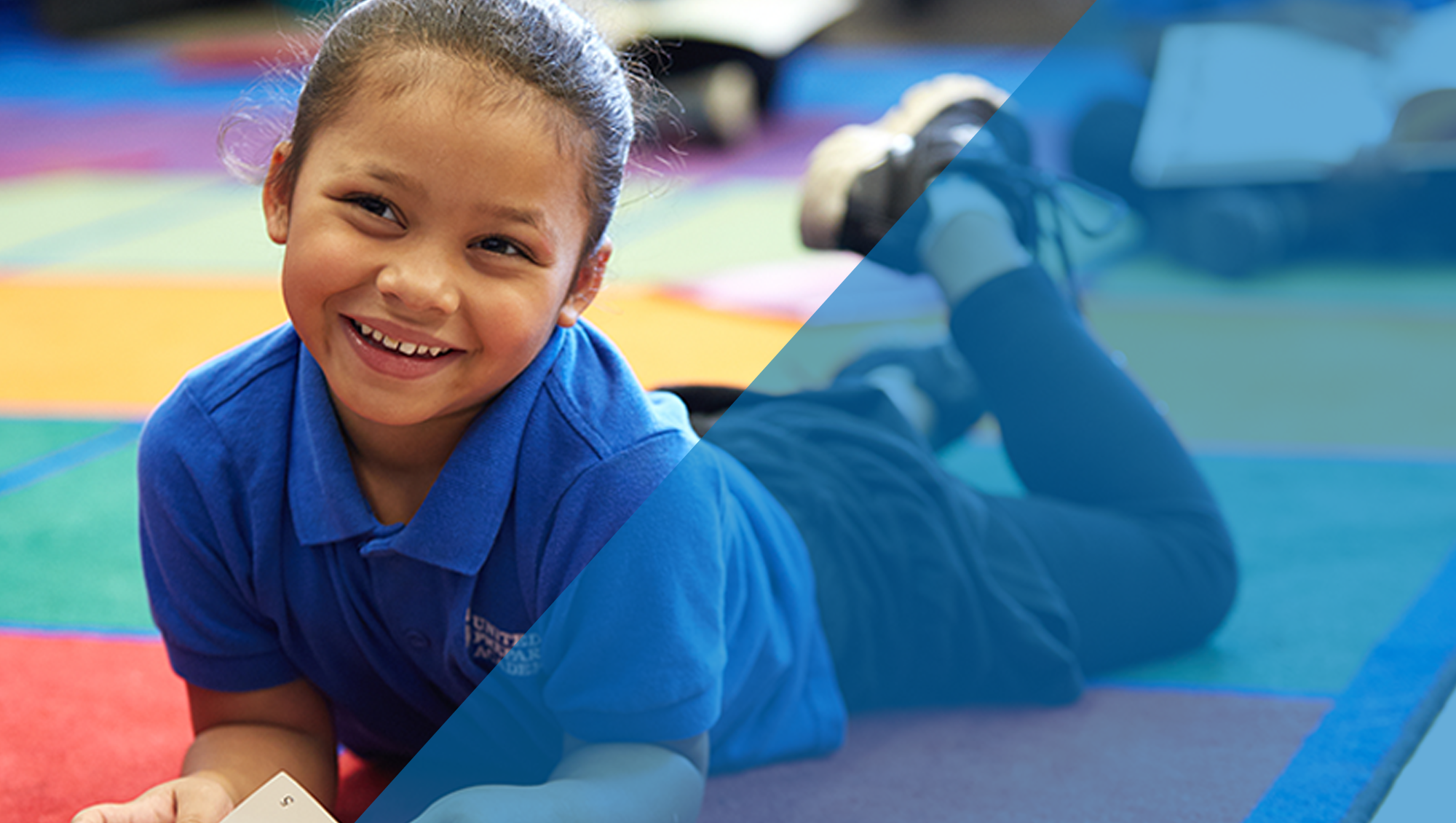For the past four months, I’ve been writing about organizational goal-setting. In Part I of the series, I proposed four conditions that organizations should understand prior to setting a goal. In Part II, I introduced the idea of “arbitrary and capricious” education goals as well as the first five of my 10 Key Lessons for Data Analysis. In Part III I rounded out the lessons with an introduction to lessons 6-10. In this installment, we’ll take a look at an applied example of the lessons in action.
Read MoreAs schools consider how to restart in the fall, some are galvanizing their community to consider this an opportunity for reinvention, a way to rethink how we educate our young, while others simply want to get students back in the building and return as quickly and safely as possible to the normal that existed prior to the pandemic. Regardless of a school’s position on the spectrum from restart to reinvention, a more sophisticated manner in which to analyze student engagement and track efforts to improve engagement will be necessary.
Read MoreFor the last two months, my colleague Ben Pacht and I have been writing about the work we are doing at United Schools Network (USN) in response to the COVID-19 pandemic and the subsequent school closure order in Ohio (see here, here, and here). In this fourth post in the series, we’ll summarize some key points we’ve made before, plus offer a few ideas specific to measuring and analyzing remote learning engagement.
Read MoreAs we are all aware, the COVID-19 pandemic has fundamentally altered how our society has functioned over the past few months. The education sector is no exception. As science teachers can attest, one of the unfortunate, enduring realities for life on this planet is that a minuscule virus, just microns in diameter, can leave an outsized impact on life as we know it. Yet a second enduring reality is that the form of life known as Homo sapiens is awfully resilient, and educators across the country are thinking creatively to ensure continuity of education for our students in a remote setting.
Read MoreThe transition to remote learning due to the coronavirus pandemic has significantly shifted how United Schools Network (USN) plans and delivers educational experiences to its students. We've outlined our remote learning system—and it is helpful to think of it as a system—in our Education Plan. As soon as that document was created, and the new system was outlined, we immediately started thinking about how to improve it.
Read MoreWhy are we getting the outcomes that we currently do? In my last post, I implored organizational leaders to slow down and take the time to deeply understand this question before moving ahead with solutions.
The only way to understand current outcomes is to step back and see the system - the people, the policies, the attitudes, and the physical environment - in which a problem resides.
Read MoreIn December 2014, my first child was born. She was ready to enter the world, and my wife was even more ready. Our emotions were similar to most new parents – a combination of exhilaration, anticipation, nervousness, and bliss. Yet in the midst of everything I distinctly remember taking a moment to ask the doctor a question: “What’s my daughter’s Apgar score?”
Read More






